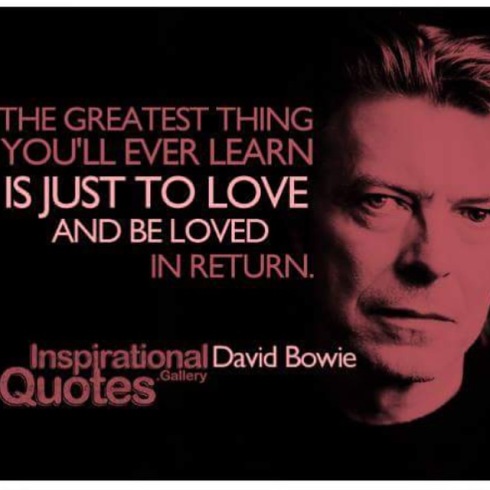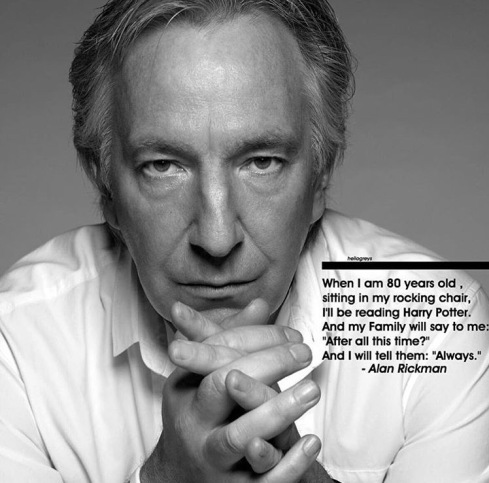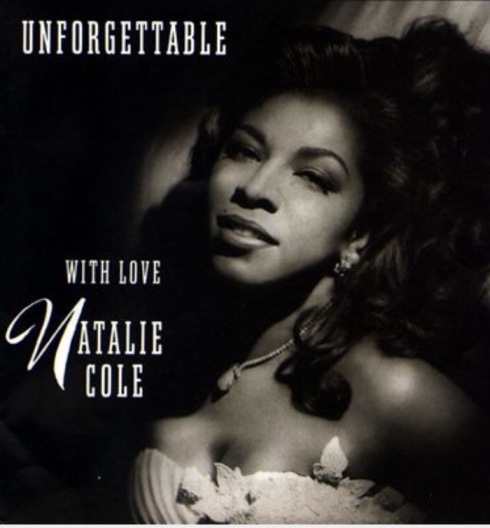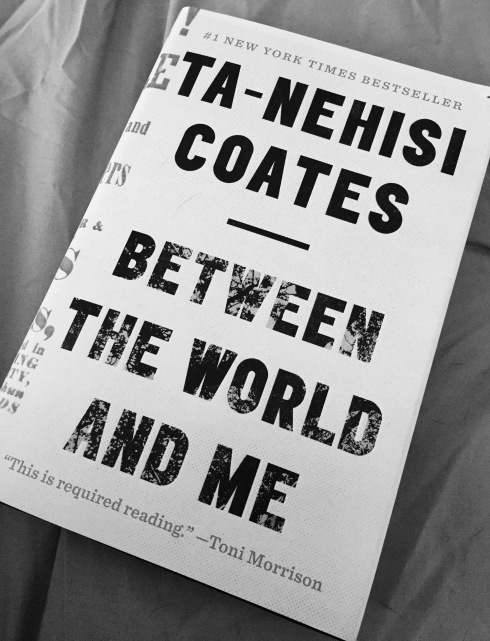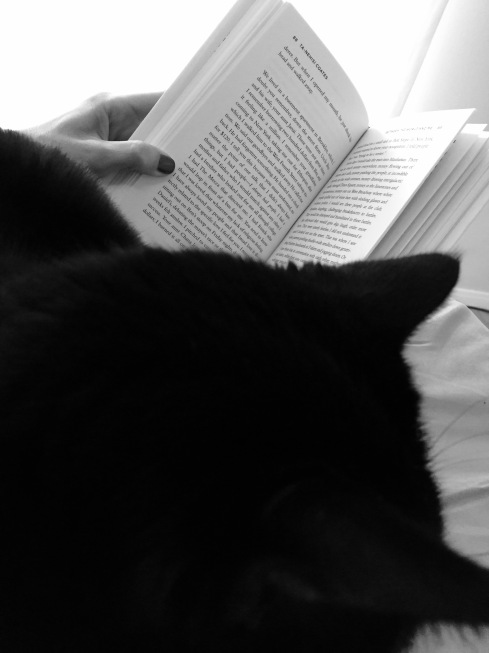Two of my classes this term focus on the dynamics between technology and culture: Science, Technology, and Society and Ethical Considerations in Technology. The other day I spotted an opinion piece in the student paper discussing the dating app Tinder (Click here to read it). Now, the usual academic set up of the courses involves discussing case studies such as The Challenger Disaster, the New Orleans Levee failure, and Genetic Engineering. In light of the interesting shift in our behavior regarding phone usage, and specifically the piece from the student paper, I decided to shelve the topic on the syllabus for a moment and ask students what they thought of the influx of dating apps.
My intention was to simply spend a brief time on this, but it unraveled into a spirited class discussion lasting for nearly an hour. Everyone had something to say!
I asked students what the advantages are to using an app for dating and put the list on the board. It looked something like this:
- It saves time.
- It’s efficient.
- You can plan your thoughts out in a text or have a friend double check what you text before hitting send.
- You don’t have to deal with face-to-face rejection.
- There is an ego boost to getting “hits” or “likes.”
- There is more control over first impression because you can choose the photo and the bio.
- There are so many possibilities.
Unlike reviewing case studies where students learn the information pertinent to the cases, memorize them, and then crank it back out on an exam, this discussion ignited their interest because they are smack in the middle of a cultural shift regarding personal interaction brought about by the fancy-gadget-does-everything-phone.
We then began to pick apart the list on the board. How much time is actually saved if one is on the phone for hours swiping away at photos of potential dates? Wouldn’t there be a similar amount of time spent on going out and being social in person?
For numbers 2-4 and 6 we talked about the very human element of being vulnerable in both friendships and relationships. Removing, or attempting to remove, that from the equation could rob one of an opportunity for growth. Stumbling, putting your foot in your mouth, blushing, awkwardness, and responding in real time with a facial expression are all elements of being human. Is efficiency meant to be applied in this realm? Would you ever want to date a person who had never experienced rejection or a heart break? Isn’t that what makes us humble, caring, and sensitive?
The ego boost is another intriguing aspect. In the normal course of a week, how many compliments does one receive? Without doubt, it feels nice to be on the receiving end of kind words. What the app has done (along with Facebook, Twitter, and Instagram) is create a potential for a deluge of “likes” within a brief time frame. No longer will a compliment from someone once a week suffice. It’s now needed within seconds of posting something and the desire to check has turned into something of an addiction.
With number 7, we discussed how the idea of “many fish in the sea” has radically changed to an infinite amount of fish in the ocean. Hmm…how has the idea that there could always be someone else impacted commitment? (Vanity Fair published an article on this over the summer much to the dismay of Tinder. Click here for the article.)
The conversation morphed into a more general dialogue about being on the phone. It’s a security blanket. One never needs to feel alone because one can always get online to see what people are up to. It is a companion.
In the spirit of bringing this dialogue into the subject of philosophy and specifically The Apology where Socrates gives his famous defense, I asked the students what Socrates would think of our addiction to the phone. Are we similar to Athens?
Socrates argued the soul inherently held more value than the body and other material goods. (If you do not subscribe to the idea of a soul then swap it out with the concept of character.) How, then, does one care for the soul? By asking questions, seeking knowledge, and developing virtues such as Justice, Courage, and Creativity to name a few. For Socrates, spending time on the soul through intellectual and moral pursuits allowed for the good life: “For I go around doing nothing but persuading both young and old among you not to care for your body or your wealth in preference to or as strongly as for the best possible state of your soul. Wealth does not bring about excellence, but excellence makes wealth and everything else good for men, both individually and collectively.”
Are we subverting excellence by tending to the phone? Are happiness spikes from internet activity an excess? Are we losing sight of what it means to develop our souls/character by diverting too much attention to the impersonal “likes” of others? Are deep conversations eclipsed by quick messages or updates?
I don’t mean to sound as though I’m anti-technology. (I’m a fan of indoor plumbing, modern dentistry, my kindle, and travel by air.) Nor do I mean to negate the door that has been opened with respect to information sharing. This reflection concerns the apparent restructuring of the building blocks of relationships. To be clear, I did not treat this classroom time as a dispenser of wisdom and instruction but as a person also swept up by the phone. And, not totally dissimilar to my students, I’m frustrated by how the phone gradually altered from a device of convenience to one tethering me to its intrusions. I have three email accounts, this blog, Facebook, Twitter, Instagram, an author account, a log for my Crossfit WODS, LinkedIn, a step counter, a calculator, a GPS…the list goes on! In order to take time out to read and write I disconnect the internet from my computer and I put my phone in airplane mode to force myself to focus.
At the end of class I offered the students this challenge (and please feel free to do this and share your experience in the comments): go out for a meal alone and without your phone. What is it like? How does it feel? Does the prospect of it cause anxiety?
Reading Suggestions on this topic:
Alone Together. Why We Expect More From Technology and Less From Each Other by Sherry Turkle
The Shallows: What the Internet is Doing to Our Brains, by Nicholas Carr
The Circle, by Dave Eggers and/or my previous post on this novel.
